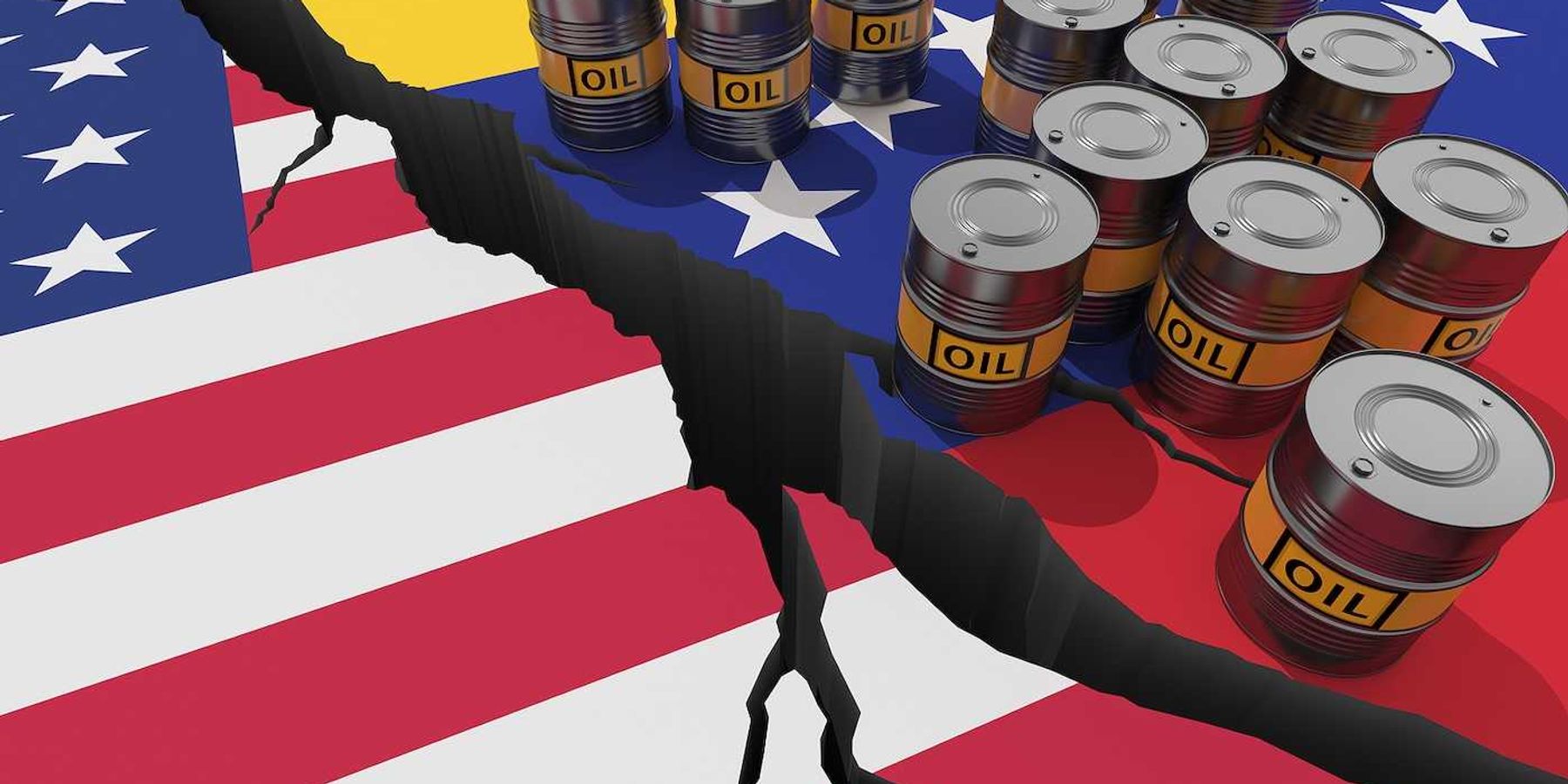sustainable energy
Lithium batteries pose environmental threat due to toxic chemicals
New research reveals that PFAS chemicals in lithium ion batteries, essential for clean energy, are significant pollutants, impacting both environment and health.
In short:
- A subclass of PFAS called bis-FASI, used in lithium ion batteries, has been found in the environment near manufacturing plants and in remote areas globally.
- The chemicals are toxic to living organisms, with battery waste in landfills identified as a major pollution source.
- Researchers urge better environmental risk assessments as clean energy infrastructure expands.
Key quote:
“But there’s a bit of tug-of-war between the two, and this study highlights that we have an opportunity now as we scale up this energy infrastructure to do a better job of incorporating environmental risk assessments.”
— Jennifer Guelfo, Texas Tech University researcher.
Why this matters:
These findings highlights how PFAS, used to enhance the performance and lifespan of batteries, are leaching into soil and water systems, posing significant threats to wildlife and human health. As advocates push for stricter regulations and better recycling practices, the quest for safer alternatives continues. Read more: What are PFAS? Everything you need to know about “forever chemicals” and how to avoid them.
Portugal just ran on 100% renewables for six days in a row
As feds decide on hydrogen hubs, state policy could tilt playing field
Environmental interests call for separating hydrogen using sustainable energy sources, but a bill that would tilt subsidies toward that result has been slowed by the Shapiro administration.
Everyone wants to build green energy projects. What's the holdup?
How Madison, Wisconsin, is building resilience against climate change
Madison is striving to reach 100% renewable energy and zero-net carbon emissions in city operations by 2030 and community-wide by 2050, according to its Climate Forward agenda. Progress is underway in achieving this, with almost 75% of the electricity for city operations coming from renewable energy.
New Orleans plummets, Baton Rouge hits bottom of national clean energy rankings
Louisiana cities falling short on transportation, solar initiatives.
LISTEN: Make the clean stuff cheap (with Eric Beinhocker and Doyne Farmer)
Until very recently, the prevailing wisdom cautioned that transitioning to a clean energy economy would be extremely expensive, and therefore only possible if undertaken slowly. New research upends that thinking—when it comes to going green, the faster we go, the cheaper it will be.









